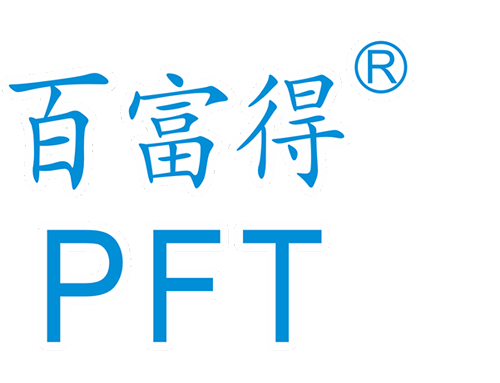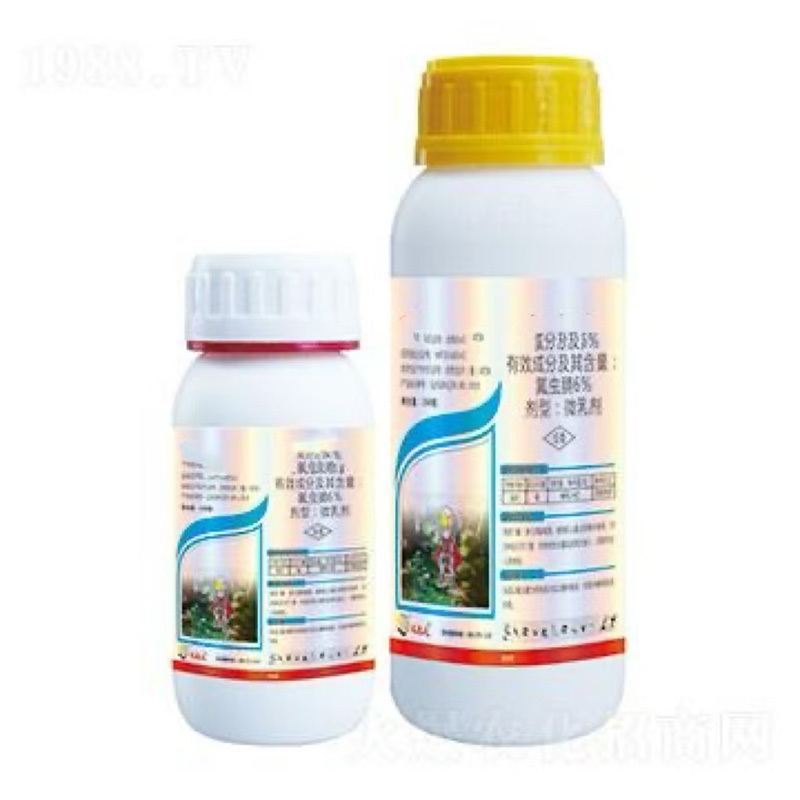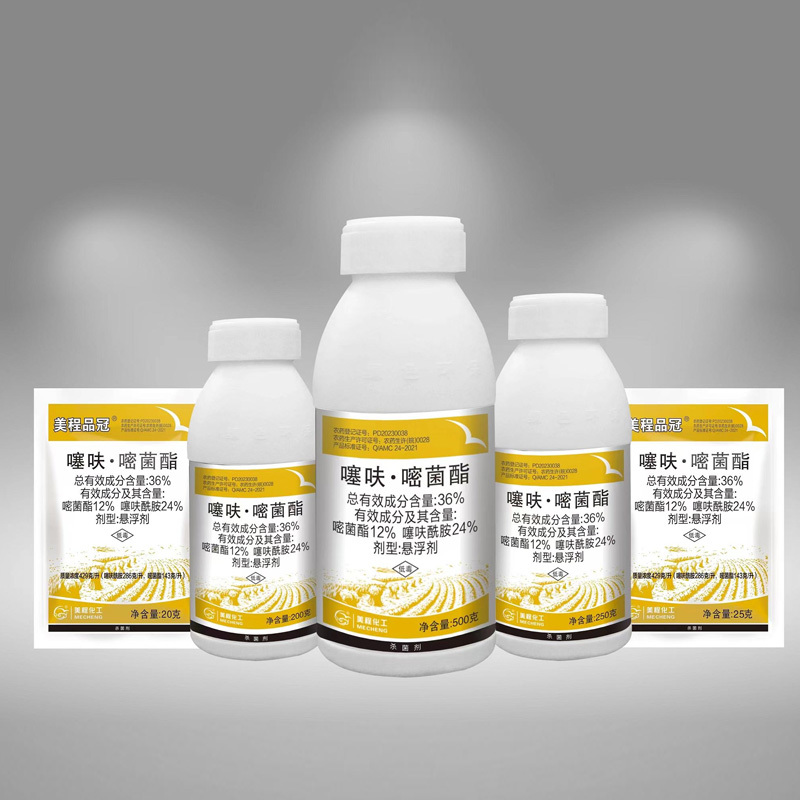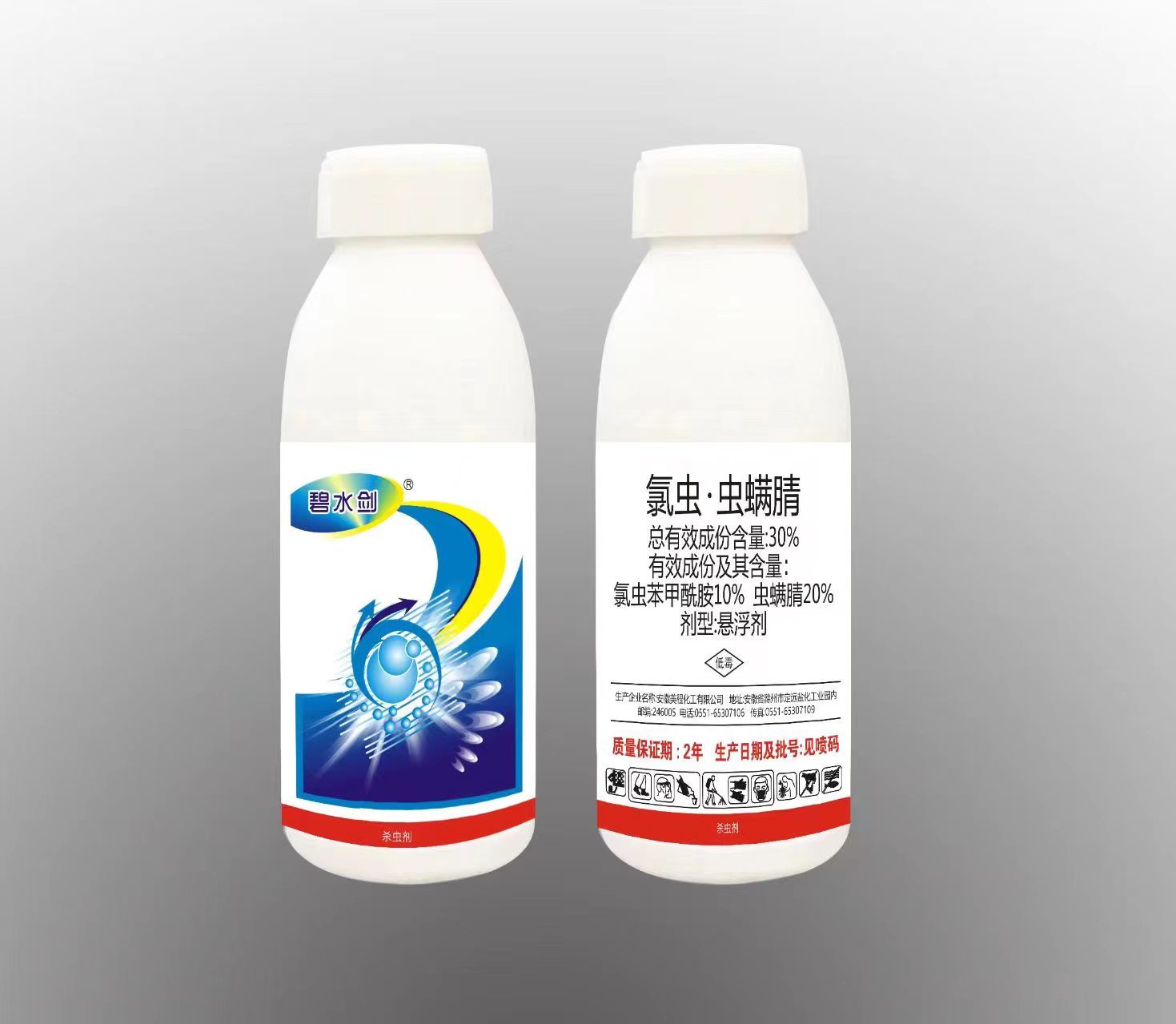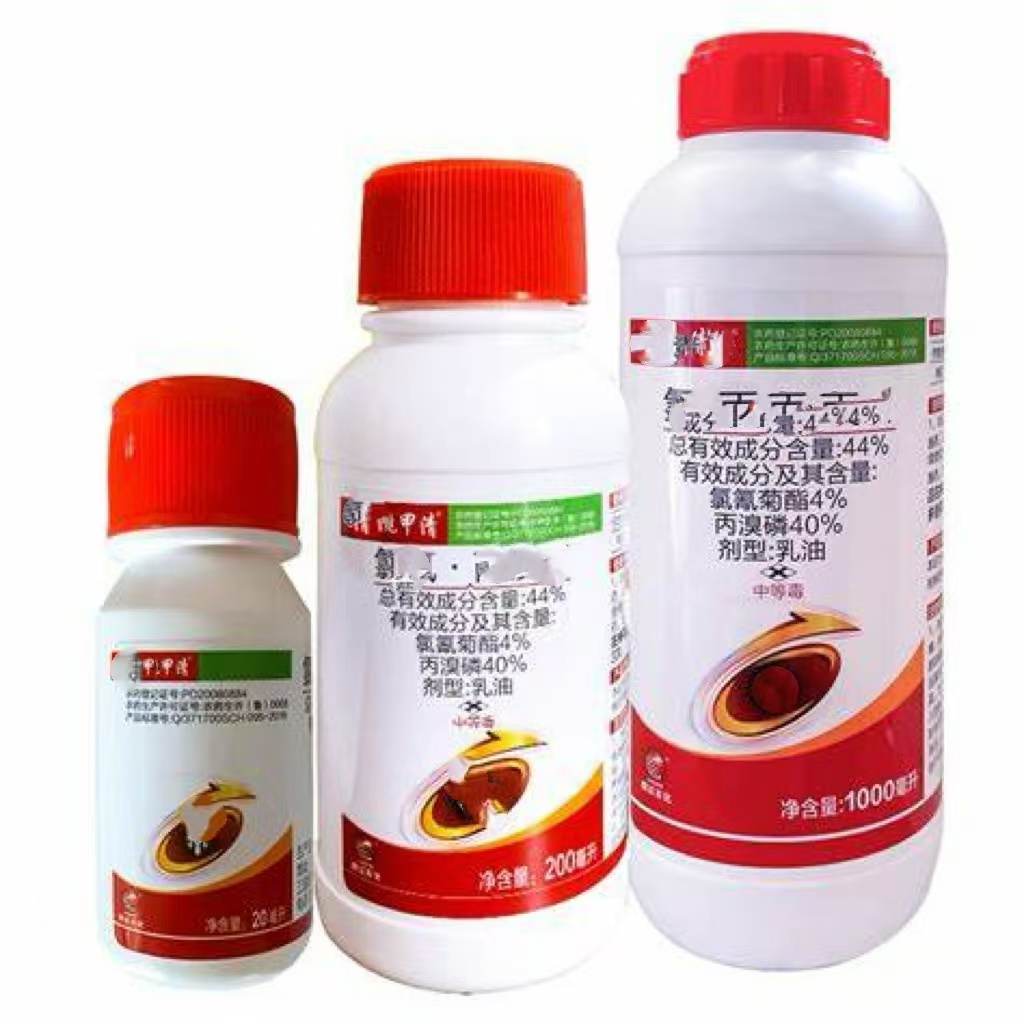The Crucial Role of Organic Pest Control in Integrated Pest Management: A Sustainable Approach to Agriculture
Time
2025-07-28
The Crucial Role of Organic Pest Control in Integrated Pest Management Table of Contents Introduction to Integrated Pest Management (IPM) What is Organic Pest Control? The Importance of Organic Pest Control in IPM Benefits of Implementing Organic Pest Control Effective Organic Methods for Pest Management Challenges in Implementing Organic Pest Control Case Studies and Success Storie
The Crucial Role of Organic Pest Control in Integrated Pest Management
Table of Contents
- Introduction to Integrated Pest Management (IPM)
- What is Organic Pest Control?
- The Importance of Organic Pest Control in IPM
- Benefits of Implementing Organic Pest Control
- Effective Organic Methods for Pest Management
- Challenges in Implementing Organic Pest Control
- Case Studies and Success Stories
- Future Trends in Organic Pest Control
- Conclusion
- Frequently Asked Questions
Introduction to Integrated Pest Management (IPM)
Integrated Pest Management (IPM) is a holistic approach to pest control that combines various strategies to minimize the impact of pests on crops while reducing chemical inputs. Traditionally, pest management relied heavily on synthetic pesticides, often leading to environmental degradation and pest resistance. However, IPM emphasizes a more sustainable method by incorporating biological, cultural, mechanical, and chemical control measures.
The role of organic pest control within the IPM framework is increasingly gaining recognition. By utilizing natural solutions, farmers can effectively manage pest populations while promoting ecological balance. This article explores the significant role that organic pest control plays in IPM, highlighting its benefits, methods, challenges, and future trends.
What is Organic Pest Control?
Organic pest control refers to the use of natural substances and methods to manage pest populations without relying on synthetic chemicals. This approach aims to maintain the health of the ecosystem while ensuring sustainable agricultural practices. Organic pest control methods can include:
- **Biological Control**: Utilizing natural predators or parasites to control pest populations. For instance, introducing ladybugs to manage aphid infestations.
- **Cultural Control**: Altering farming practices to reduce pest establishment, reproduction, and survival. This can involve crop rotation and selecting pest-resistant plant varieties.
- **Mechanical Control**: Physical methods such as traps, barriers, or hand-picking pests to minimize their impact on crops.
- **Botanical Insecticides**: Using plant-derived substances like neem oil or pyrethrin, which are effective against pests but less harmful to beneficial insects and the environment.
By integrating these organic methods, farmers can cultivate healthier crops while safeguarding the environment.
The Importance of Organic Pest Control in IPM
The integration of organic pest control into IPM strategies is vital for several reasons:
1. **Environmental Sustainability**: Organic methods reduce the reliance on synthetic chemicals, minimizing soil and water contamination. This shift fosters biodiversity and helps maintain ecological balance.
2. **Human Health**: By avoiding harmful pesticides, organic pest control practices contribute to safer food production and reduce health risks for consumers and farm workers.
3. **Economic Viability**: While the initial investment in organic practices may be higher, the long-term benefits include reduced input costs and higher market prices for organic produce.
4. **Pest Resistance Management**: Over-reliance on synthetic pesticides can lead to pest resistance. Organic pest control strategies promote a diverse ecosystem, reducing the likelihood of resistance development.
5. **Consumer Demand**: With increasing consumer awareness and preference for organic produce, adopting organic pest control can enhance marketability and meet consumer expectations.
Benefits of Implementing Organic Pest Control
Implementing organic pest control within IPM brings numerous advantages:
1. Enhanced Biodiversity
Organic pest control methods encourage a diverse range of organisms, including beneficial insects, soil microorganisms, and wildlife. This diversity contributes to a resilient ecosystem that can better withstand pest outbreaks.
2. Soil Health Improvement
Organic practices, such as composting and cover cropping, enhance soil structure and fertility. Healthy soil supports robust plant growth, making crops less susceptible to pest damage.
3. Long-Term Cost Savings
While transitioning to organic pest control may require upfront investment in training and resources, the long-term reduction in chemical inputs and health risks can lead to significant cost savings.
4. Consumer Trust and Loyalty
Consumers are increasingly seeking organic products for their health benefits and environmental sustainability. By adopting organic pest control, farmers can build trust and loyalty among their customer base.
5. Compliance with Regulatory Standards
As governments worldwide promote sustainable agriculture, implementing organic pest control can help farmers meet regulatory requirements and access new markets.
Effective Organic Methods for Pest Management
Various organic methods can be employed to manage pests effectively within the IPM framework:
1. Crop Rotation
Rotating crops disrupts pest life cycles and reduces their populations. By alternating plant families, farmers can weaken pest infestations and promote soil health.
2. Intercropping
Planting different crops in proximity can confuse pests and reduce their likelihood of establishing in monocultures. For example, intercropping corn with beans can help repel corn earworms.
3. Companion Planting
Certain plants can repel pests or attract beneficial insects. For instance, planting marigolds alongside vegetable crops can deter nematodes and aphids.
4. Natural Predators
Encouraging or introducing natural predators, such as birds or beneficial insects, can help control pest populations without chemical intervention.
5. Organic Pesticides
When pests exceed threshold levels, organic pesticides, derived from natural sources, can be used as a last resort. These include neem oil, diatomaceous earth, and insecticidal soaps.
Challenges in Implementing Organic Pest Control
Despite its benefits, adopting organic pest control methods presents several challenges:
1. Knowledge and Training
Farmers may require training and knowledge about organic techniques, which can be a barrier to implementation. Access to educational resources and workshops is crucial.
2. Initial Costs
Transitioning to organic farming may involve higher initial costs for organic inputs, certification, and transitioning practices. This can deter some farmers from adopting organic pest control.
3. Pest Outbreaks
Organic methods may not always provide immediate solutions for severe pest infestations. Farmers need to monitor crops closely and be prepared to implement multiple strategies.
4. Market Access
Obtaining organic certification can be a lengthy and complicated process, which may limit access to higher-value organic markets for some farmers.
Case Studies and Success Stories
Examining successful case studies can provide valuable insights into the effective implementation of organic pest control within IPM.
1. Case Study: Organic Vegetable Farming in California
A group of farmers in California successfully integrated organic pest control methods into their vegetable production systems. By employing crop rotation, companion planting, and biological control, they reduced pest populations significantly while improving soil health.
2. Case Study: Integrated Organic Cotton Production
In India, farmers adopted organic pest control strategies in cotton cultivation, including the use of pheromone traps and beneficial insects. This led to a dramatic reduction in pesticide use and increased yields, proving that organic methods can be economically viable.
Future Trends in Organic Pest Control
The future of organic pest control in IPM looks promising as research and innovation continue to evolve. Key trends include:
1. Technological Advancements
The integration of technology, such as drones and sensors, allows for precise monitoring of pest populations and targeted organic interventions.
2. Biopesticides Development
The rise of biopesticides—natural pesticides derived from microorganisms or plant extracts—offers future opportunities for effective pest management without harming beneficial insects.
3. Consumer Awareness and Demand
As consumer awareness of sustainable practices grows, the demand for organic produce is likely to increase, incentivizing farmers to adopt organic pest control methods.
4. Policy Support
Government policies promoting sustainable agriculture and organic farming practices may further encourage the adoption of organic pest control in IPM systems.
Conclusion
The integration of organic pest control into Integrated Pest Management represents a pivotal shift towards sustainable agriculture. By emphasizing ecological balance, human health, and long-term economic viability, organic pest control methods not only address pest populations effectively but also contribute to the overall health of the environment. As farmers continue to adopt these practices, they will not only meet the increasing consumer demand for organic produce but also play a crucial role in fostering sustainable agricultural systems for future generations.
Frequently Asked Questions
1. What is the main goal of Integrated Pest Management?
The primary goal of Integrated Pest Management (IPM) is to minimize the impact of pests on crops while reducing the use of synthetic chemicals, promoting sustainable farming practices.
2. How does organic pest control benefit the environment?
Organic pest control benefits the environment by reducing chemical runoff, promoting biodiversity, and enhancing soil health, leading to a more balanced ecosystem.
3. Can organic pest control methods be effective against severe infestations?
While organic methods may face challenges during severe pest infestations, they can be effective when combined with careful monitoring and a diverse range of strategies.
4. What are some examples of organic pesticides?
Examples of organic pesticides include neem oil, diatomaceous earth, insecticidal soaps, and botanical insecticides derived from natural sources.
5. How can farmers transition to organic pest control?
Farmers can transition to organic pest control by seeking training, utilizing organic inputs, implementing diverse agricultural practices, and obtaining organic certification.
Latest News
